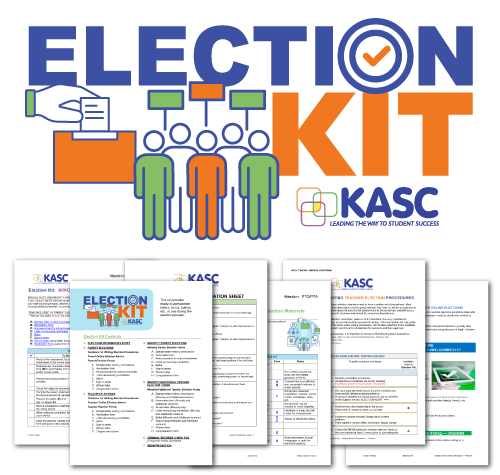KBE approves changes to alternative education program monitoring, corporal punishment during special meeting
(FRANKFORT, KY) – As part of the regulatory review process for two regulations approved during its December meeting, the Kentucky Board of Education (KBE) held a special meeting on March 15 to review two statements of consideration and proposed amendments based on submitted public comments.
The board reviewed amendments to regulation 704 KAR 7:170 regarding restrictions on corporal punishment in schools that strengthen the regulation based on public comments that were received.
Section 4 of the regulation previously stated that before administering corporal punishment, a school must try to resolve the behavior through “nonphysical means.” This phrase was removed to instead state “the use of evidence-based practices consistent with a trauma-informed approach.”
In response to another public comment, a subsection (2) was added to read: “Corporal punishment shall not be administered in a location where another student, staff member other than those described in subsection (1) of this section, or adult visitor to the school can see or hear the corporal punishment.”
Kentucky Department of Education (KDE) Policy Advisor Matthew Courtney said the new language focuses on ensuring that student privacy is protected.
KBE members approved the amendments to the regulation.
The board also reviewed several amendments aimed to strengthen 704 KAR 19:002regarding alternative education programs.
KDE performs annual monitoring visits of alternative education programs in the state. Courtney said the monitoring process allows KDE to ensure compliance with laws in every program, provide technical assistance to programs that need support, and help in the agency’s own internal planning and continuous improvement process.
As part of that continuous improvement, in Spring 2021 KDE performed an analysis of five years of alternative program monitoring to identify themes that span years and run across districts.
“Our thinking is … if there are persistent themes over multiple years and multiple districts, then that’s really a KDE concern that we have missed something in our regulation, training or guidance, and we need to take a step back and clean some things up to prevent those frequent monitoring findings over time,” said Courtney.
The changes to the regulation were designed to provide greater clarity to districts that are operating alternative education programs. It does not create any new requirements.
One concern received through public comment was that the proposed regulation did not define “student records” or “services.”
“We agree that defining those terms more clearly strengthens the regulation and better speaks to our intent to provide clarity around an existing rule,” said Courtney.
To address this concern, Section 1 of the regulation was updated to define “education record” to align with the definition in the federal Family Educational Rights and Privacy Act (FERPA). The section also was updated to define “related services” as developmental, corrective or supportive services that are required to assist a student to benefit from public education.
Section 5 of the regulation also was amended to use these newly defined terms. However, a second concern received through public comment was related to phrasing included in Section 5 (3) that says services are provided by district staff or non-district staff.
“There is a sentiment in the (education) field that KDE, and by extension, districts, do not have clear authority to require districts to collect and maintain educational records created by non-district staff,” said Courtney. “KDE and districts actually have a statutory obligation to collect some records created by non-district staff.”
Courtney said FERPA defines an education record as any record created by the district or by an agency acting on behalf of the district.
“There is a clear federal expectation that non-district staff can and do create education records,” he said.
Other public comments centered around overlap between medical or judicial records and education records. FERPA also provides guidance that specifies when a medical or justice system record also is an education record.
Because of this federal guidance, KDE did not recommend any other changes to language in the regulation.
Due to concerns that the burden to complete education reports would fall on the teachers in alternative programs, KBE member Randy Poe proposed that the phrase, “regardless of whether educational or related services are provided by district staff or non-district staff,” be removed from Section 3 of the regulation. KDE General Counsel Todd Allen indicated that removing this language did not change the enforceability of the requirement to collect and maintain records created by non-district staff.
The regulation was approved with the proposed amendments.


